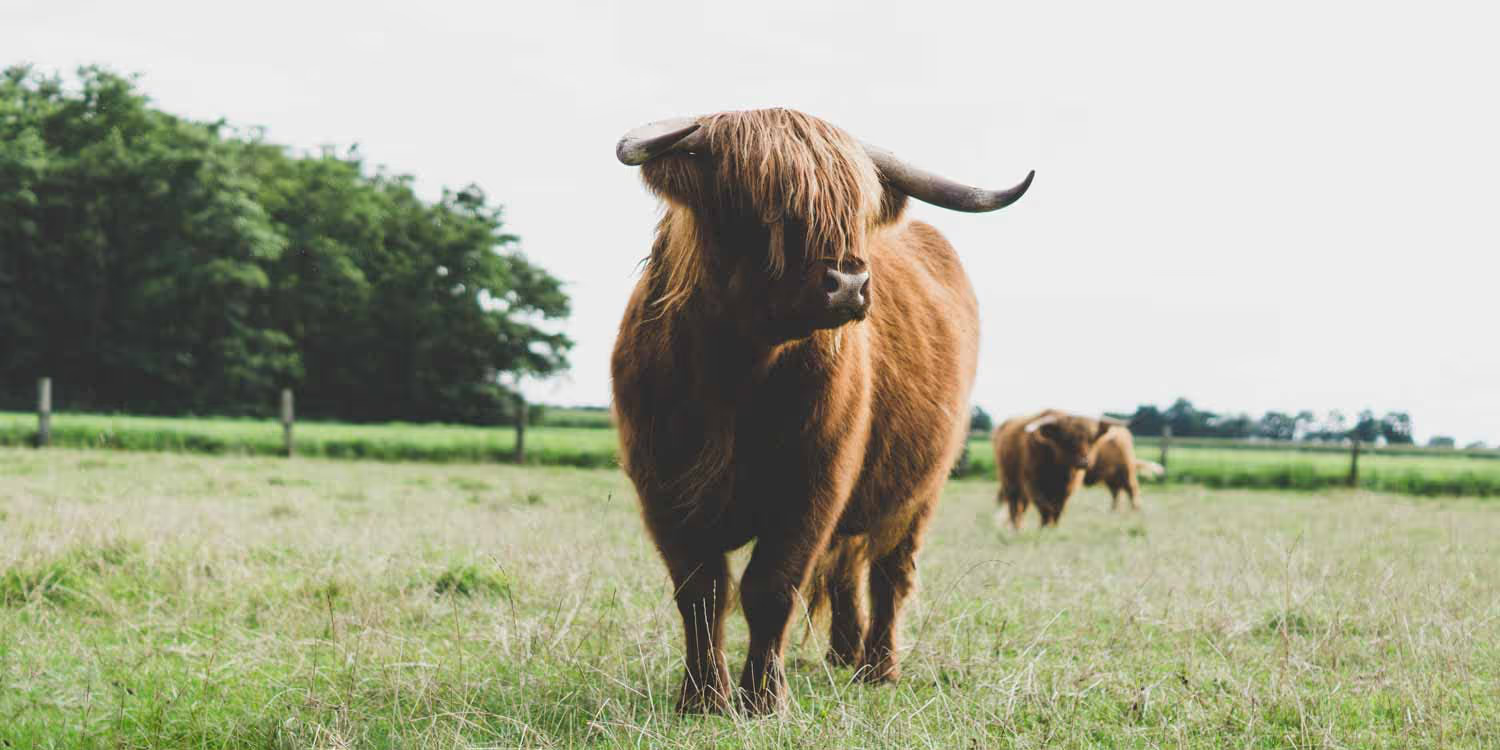There are two key tenets in growing organic crops:
BUT a standard 30% non-organic derogation is permitted in grass mixes. Complete a derogation form BEFORE you buy.
Speak to the SOPA office & use the SOPA Livestock Management Plan
Use the right dose of veterinary medicine at the correct time to ensure full coverage of the disease threat.
Vetmeds can not be used preventatively - this means you can only use a product if you have evidence (faecal, tissue, blood etc) of infection.
Protect your biosecurity at all costs - with strong fencing, isolation of new animals and careful screening of replacements including Bulls.
All organic animals have to comply with double the standard industry withdrawal period for veterinary medicines

Synthetic vitamins are not permitted. We advocate you base your mineral supplementation on a representative blood sample of the herd/flock. Don't mineralise for the sake of it, but take specialist advice based on a full spectrum of farm analsyis including soils, forage and bloods to inform you what supplements are needed.
There are different conversion conditions for different species, so call the office to discuss your unique situation.

PO Box Golspie, KW106AA
Email: info@sopa.org.uk Tel: 0300 772 9795
Scottish Organic Producers Association, Registered Office is c/o Drummond Laurie, Algo Business Centre, Glenearn Rd, Perth, PH2 8BX.
Scottish Organic Producers Association is a Co-operative registered under the Co-operative and Community Benefit Societies Act 2014, Registration Number SP02278R. Organic Certification GB-ORG-17